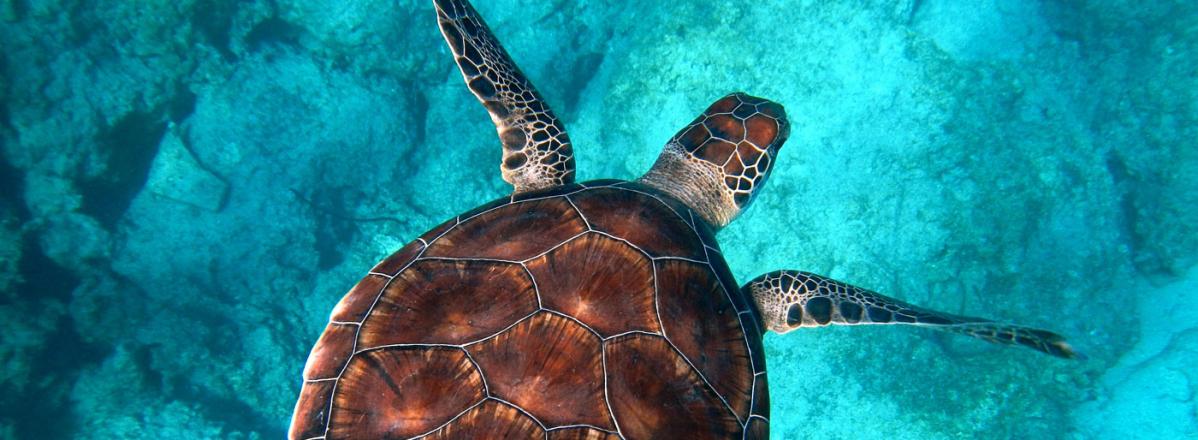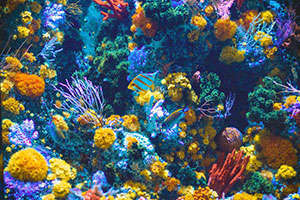
Tetepare Island: the last wild island

One of the 900 islands of the Solomon archipelago, the Tetepare Island is situated within the Coral Triangle, an area that is also known as the ‘Amazon of the Seas’. This eco-region is recognized as the global centre of marine biodiversity. In addition to over 2,000 fish species and approximately 76% of the world’s known coral species, it also provides a habitat for six of the world’s seven species of marine turtles.
This is a very important area for tuna fishing: 53% of the world’s production is sourced here and it is also one of the company’s main procurement areas.
Bolton Food has a close connection with the archipelago through its strategic partner Tri Marine, a Bolton Group company which fishes MSC certified tuna in this area.

The conservation project – a part of the WWF partnership - includes our support in favor of the Tetepare Island, recognized as a global centre for marine biodiversity. The island is home to 73 bird species, 24 reptile species, 4 frog species and 13 different mammal species. The waters surrounding it host a diverse marine population including corals, dugongs and sea turtles, as well as numerous animal and vegetable species.
It is therefore evident that the protection of marine biodiversity cannot be separated from the inclusion and help of local communities, and that this is further strengthened by the fact that the local population depends on natural resources, especially marine resources, for their economic survival.
Our support will make the development and execution of numerous activities aimed at achieving legal recognition of the protected area possible. These will include the mapping of the area, the development of a management plan of the Protected Area of Tetepare and the organization of a workshop to train rangers and the staff of the Tetepare Descendants’ Association.
The value of diversity
6 million km2
Coral Triangle’s area of extension
76%
coral species existing in the area
6 out of 7
of the world’s existing species of marine turtles
more than 3,000
different fish species

